By Yushau A. Shuaib
 The founding fathers of the Nigerian Institute of Public Relations (NIPR) fought for the enactment of Decree No. 16 of 1990 (now an Act of the National Assembly) to regulate and monitor conformity to the ethical standards of Public Relations (PR) practice in Nigeria.
The founding fathers of the Nigerian Institute of Public Relations (NIPR) fought for the enactment of Decree No. 16 of 1990 (now an Act of the National Assembly) to regulate and monitor conformity to the ethical standards of Public Relations (PR) practice in Nigeria.
The law bars non-members from practicing public communication in the country. The regulation also empowers the Institute to prosecute offenders. They feared then, that the profession was being infiltrated by all-comers who knew little or nothing about the PR practice.
Today, their fears have been confirmed as the PR profession in Nigeria is saturated by quacks apart from the ill-equipped, unqualified and inexperience persons assigned to handle public relations jobs.
There is a need for sanity in the profession because PR strives on sustaining mutual relationship through reputation management, crisis communication, media relations among other strategies in projecting positive image of individuals and organisations. It therefore requires qualifications, skills and experiences to practice.
While the existing law empowers the Institute to sanction and prohibit non-registered members from public relations practice, NIPR is weak in enforcing compliance. Other professional bodies have aggressively advocated and ensured only qualified members hold top positions in credible institutions in the public and private sectors. It is impossible and would sound absurd to appoint non-professionals who lack requisite qualifications and experiences in Medicine, Law, Accountancy and Engineering among others to head respective departments in reputable organisations. The professional bodies ensure that only their qualified members, such as lawyers, Doctors, Accountants and Engineers oversee such offices.
It is rather disturbing the recent appointment of an Engineer, Major General John Enenche as the Director of Defence Information (DDI) which invariably makes him the spokesperson for the entire military sector in Nigeria that include the Army, Airforce, Navy and intelligence agencies.
A qualified Engineer with Advance Diploma in Military Engineering, Enenche attended Nigerian Army School of Military Engineering (NASME), Makurdi for various engineering courses and qualifications while his areas of Interest is Civil Engineering Project Supervision. Though his hobbies include listening to gospel music and monitoring news and current affairs, General Enenche does not have the mandatory requirement to practice Public Relations in Nigeria.
Undoubtedly, General Enenche, from his profile, is a man who has received several prestigious honours and commendation awards in the military. We have no reason to fault this humble and hardworking officer for accepting military posting. The Defence Headquarters should nevertheless know that by Nigerian law it is an aberration to assign non-qualified and non-registered professional to practice public relations in Nigeria.
At a Regional Media Seminar organised in Rivers State by the Centre for Crisis Communication (CCC) for security spokespersons in July 2016, the former Director Defence Information, retired Major General Chris Olukolade said that “It is illegal to practice Public Relations in Nigeria without certification.”
General Olukolade, a Fellow of NIPR and Chairman of Enforcement Committee of the Institute added that the Institute was undertaking membership certification and re-certification to weed out quackery in the profession. He therefore enjoined all Security agencies to comply with the law.
The recent appointment of an Army Engineer for a PR job is therefore clearly a deviation from established norms and practices by the military. PR practice should not be undermined by portraying it as a profession that doesn’t require any qualification or skills. It was in recognition of importance of capacity building and promotion of professionalism that the military established Nigerian Army School of Public Relations, and Information (Naspri). Some of those that passed through the training centre including their tutors are some of the highly qualified, competent and finest serving military officers, among them ‘Generals’ in rank and grounded in public relations practice.
As a regulatory body for image makers and reputation managers, NIPR has a lot to do in its advocacy and engagement with respective institutions to abide by the law guiding appointments into top positions in PR and Communication jobs in Nigeria. It should also emulate other bodies that jealously guard the integrity of their members and proudly protect the dignity of their professions.
The NIPR should therefore use its powers appropriately in sanctioning individuals or organisations that abuse the regulations as regards appointment, promotion, discipline and other sundry requirement of public communication.
Yushau A. Shuaib can be reached through his email: yashuaib@yahoo.com
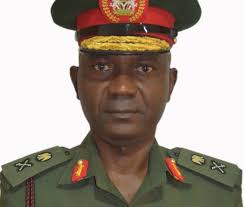
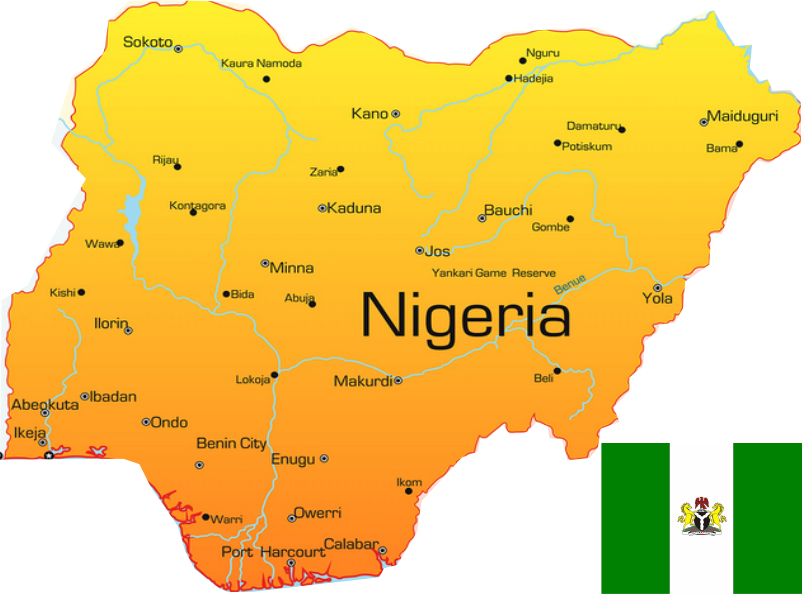
 The way things are going one begins to wonder where our priority lies or what is left to actually motivate one. Increasing strings of event being broadcastedhave made the television useless because every news item is enough drama. In fact, what is left is a box of popcorn while reading and I don’t know if it is only me who feels this way.
The way things are going one begins to wonder where our priority lies or what is left to actually motivate one. Increasing strings of event being broadcastedhave made the television useless because every news item is enough drama. In fact, what is left is a box of popcorn while reading and I don’t know if it is only me who feels this way.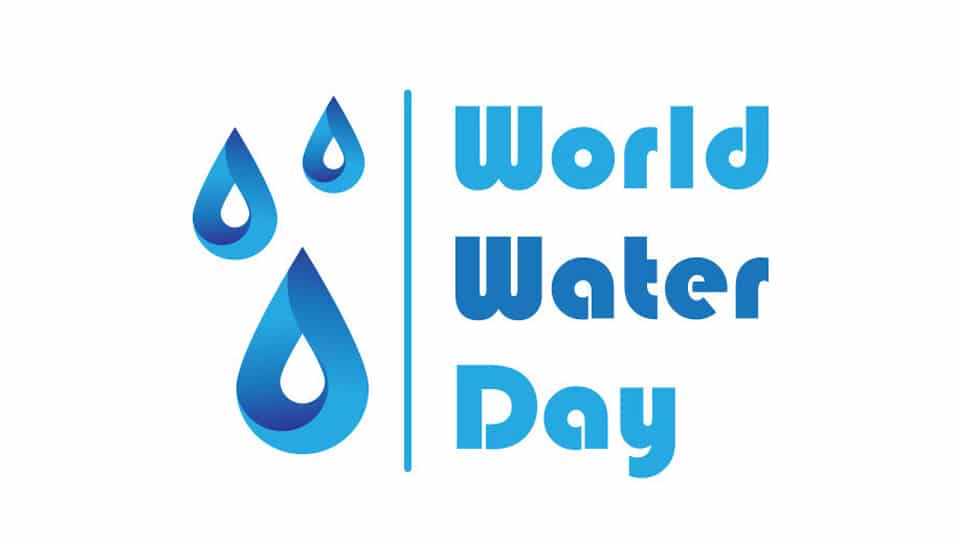
 One of the most challenging human needs is that of water, it is everywhere but seems never available or enough for use. Water has been on the front burner of development discourse since time immemorial. The sixth Sustainable Development Goal (SDG) targets improving water and sanitation in furtherance of the efforts expended through the Millennium Development Goals (MDGs). It was revealed, by World Health Organization that unlike the water target, the sanitation target was not met by most of Africa by the end of 2015.
One of the most challenging human needs is that of water, it is everywhere but seems never available or enough for use. Water has been on the front burner of development discourse since time immemorial. The sixth Sustainable Development Goal (SDG) targets improving water and sanitation in furtherance of the efforts expended through the Millennium Development Goals (MDGs). It was revealed, by World Health Organization that unlike the water target, the sanitation target was not met by most of Africa by the end of 2015.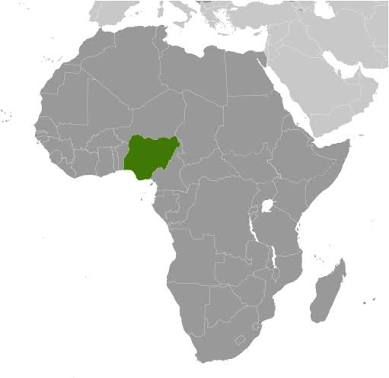
 With the complexity of global security threats and the intensity of intra-state conflicts in the West African region, it has become imperative for the regional governments to devise holistic approach to security management.
With the complexity of global security threats and the intensity of intra-state conflicts in the West African region, it has become imperative for the regional governments to devise holistic approach to security management.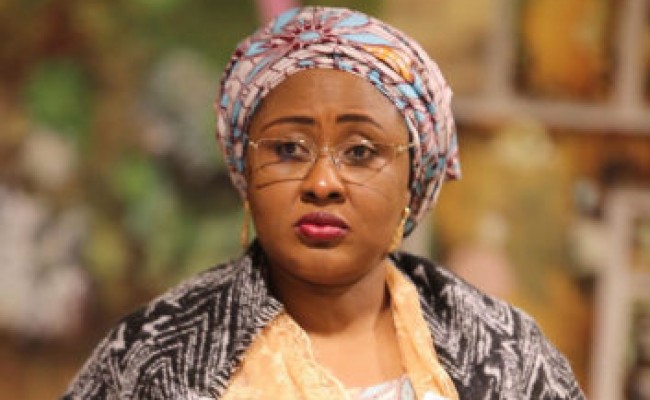
 Since the assumption of Muhammadu Buhari as President of Nigeria, Mrs. Aisha Buhari has focused her attention on issues that affect Women and children who are the most vulnerable in the society.
Since the assumption of Muhammadu Buhari as President of Nigeria, Mrs. Aisha Buhari has focused her attention on issues that affect Women and children who are the most vulnerable in the society.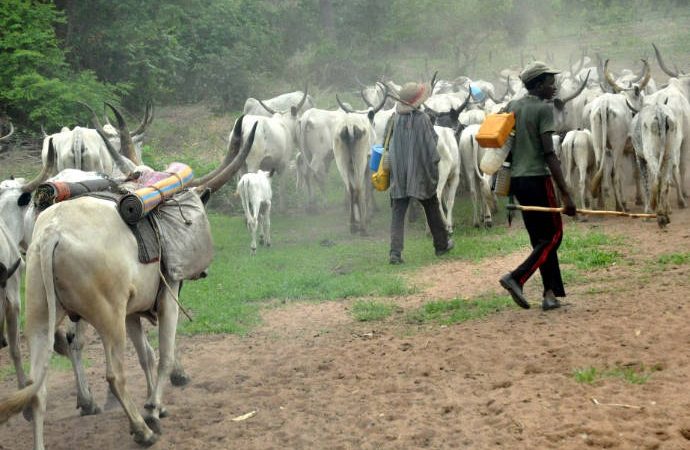
 By Amos Tauna
By Amos Tauna The curse of bars and prisons around the world continues. It is in those places that lives are stolen and tyrants aim at killing the hopes of those who dream of a better future for their country and the end of occupation of their homeland.
The curse of bars and prisons around the world continues. It is in those places that lives are stolen and tyrants aim at killing the hopes of those who dream of a better future for their country and the end of occupation of their homeland.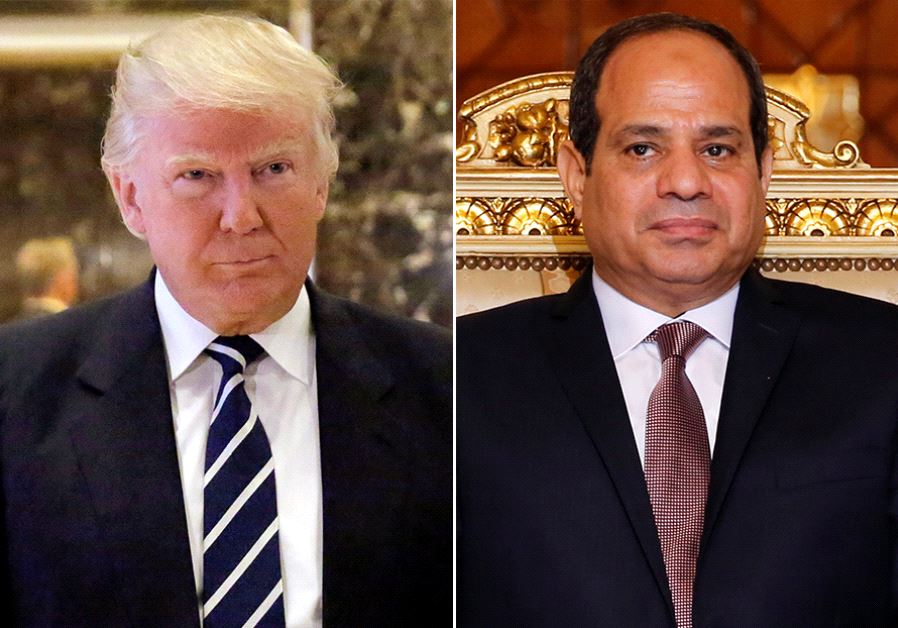
 As the Trump administration develops plans to confront Iran, destroy Islamic State (ISIS) and strengthen US-Israel relations, it’s critical that it also rebuild America’s ties with Egypt, the leader of Sunni Arab world.
As the Trump administration develops plans to confront Iran, destroy Islamic State (ISIS) and strengthen US-Israel relations, it’s critical that it also rebuild America’s ties with Egypt, the leader of Sunni Arab world.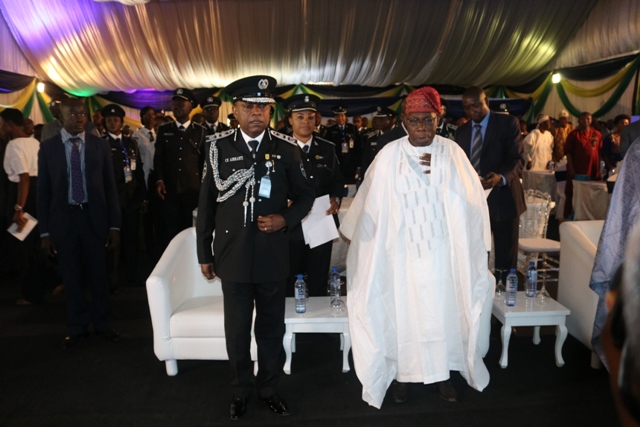
 It has come to the notice of the Zone 2 Headquarters reports making the rounds in national dailies that ‘Obasanjo Storms out of Police Event over Delay.’
It has come to the notice of the Zone 2 Headquarters reports making the rounds in national dailies that ‘Obasanjo Storms out of Police Event over Delay.’ waiting.
waiting.
 After the 68th session of the United Nations General Assembly on December, 1983 the 3rd of March was adopted as a day to celebrate World Wildlife Day yearly, the day is observed to celebrate and raise awareness of the world’s wild fauna and flora. World Wildlife Day also seeks to recognise the important roles of the Convention on International Trade in Endangered Species (CITES) in ensuring that international trade of Wild Flora and Fauna does not threaten the survival of species.
After the 68th session of the United Nations General Assembly on December, 1983 the 3rd of March was adopted as a day to celebrate World Wildlife Day yearly, the day is observed to celebrate and raise awareness of the world’s wild fauna and flora. World Wildlife Day also seeks to recognise the important roles of the Convention on International Trade in Endangered Species (CITES) in ensuring that international trade of Wild Flora and Fauna does not threaten the survival of species.